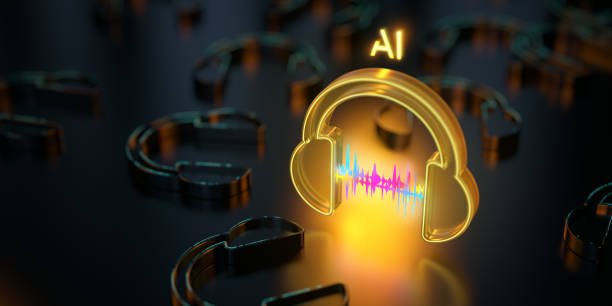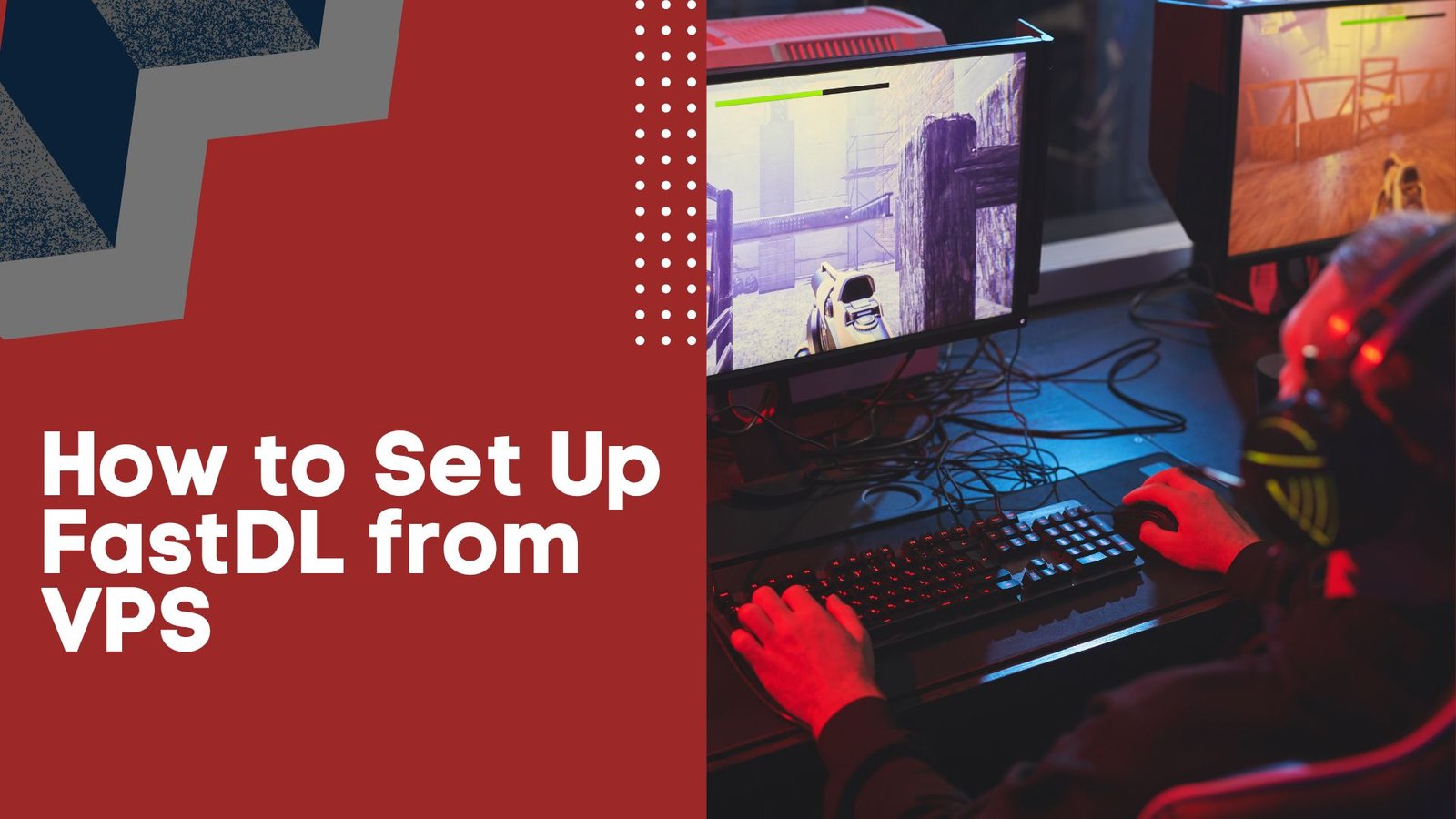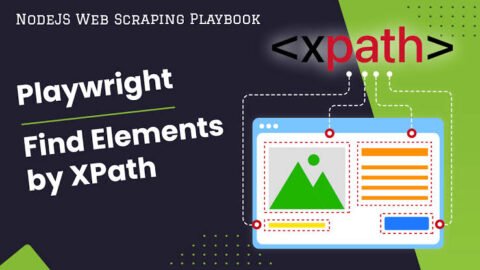As you delve into modern music composition, you’ll discover an intriguing new player: artificial intelligence. AI is revolutionizing the way music is created, offering composers powerful tools to push the boundaries of their craft. In this article, Benjy Rostrum explores how AI algorithms are being used to generate melodies, harmonies, and even entire compositions.
The Rise of AI in Music Composition
Artificial intelligence has made significant strides in music composition, revolutionizing how we create and experience music. This technological advancement has opened up new possibilities for musicians and composers, blending human creativity with machine-learning capabilities.
AI-Powered Composition Tools
AI-driven composition tools have become increasingly sophisticated, offering musicians many options to enhance their creative process. These tools can generate melodies, harmonies, and musical pieces based on specific parameters or styles. For example, platforms like AIVA and Amper Music utilize deep learning algorithms to produce original compositions across various genres, from classical to electronic.
Collaboration Between Humans and AI
Integrating AI in music composition doesn’t aim to replace human musicians but to augment their capabilities. Many artists now collaborate with AI systems to explore new musical territories and push the boundaries of their creativity. This symbiotic relationship allows for the creating of unique soundscapes and innovative musical structures that might not have been possible through traditional methods alone.
Implications for the Music Industry
As AI continues to evolve, its impact on the music industry is becoming more pronounced. The technology is reshaping how music is created, distributed, and consumed, from personalized playlist generation to AI-assisted music production. While some may view this as a threat to traditional musicianship, others see it as an opportunity to democratize music creation and open up new avenues for artistic expression.
How Does AI-Generated Music Work?
AI-generated music is a fascinating intersection of technology and creativity. This process involves complex algorithms and machine-learning models that analyze vast amounts of music to understand patterns, structures, and styles.
Data Collection and Analysis
The first step in AI music generation is data collection. AI systems are fed thousands of songs, melodies, and musical compositions. These systems then analyze this data, identifying common patterns in chord progressions, rhythms, and melodies. This analysis forms the foundation of the AI’s understanding of music theory and composition.
Neural Networks and Deep Learning
Advanced neural networks, particularly recurrent neural networks (RNNs) and long short-term memory (LSTM) networks play a crucial role in AI music generation. These networks can recognize and replicate complex musical patterns and structures. They learn to predict which notes or chords are likely to follow others, mimicking the process of human composition.
Generative Models
Using the knowledge gained from data analysis and neural network training, AI systems employ generative models to create new music. These models can produce original melodies, harmonies, and even entire compositions. Some advanced systems can even generate music in specific styles or genres, adapting their output based on user preferences or input parameters.
While AI-generated music has made significant strides, human creativity and emotion still play a vital role in the music creation process. AI is a powerful tool, augmenting human creativity rather than replacing it entirely.
Exploring the Creative Potential of AI Composers
Expanding Musical Horizons
AI composers are pushing the boundaries of musical creation, offering new avenues for artistic expression. These intelligent systems can generate complex melodies, harmonies, and rhythms that challenge traditional composition methods. By analyzing vast databases of existing music, AI can identify patterns and create novel combinations that human composers might not have considered.
Collaborative Creativity
Rather than replacing human musicians, AI composers are emerging as powerful collaborative tools. Many artists use AI as inspiration, using machine-generated ideas as starting points for their compositions. This synergy between human creativity and artificial intelligence leads to innovative hybrid works that blend the best of both worlds.
Democratizing Music Creation
AI composition tools are making music creation more accessible to a wider audience. Thanks to user-friendly AI interfaces, individuals with limited musical training can now experiment with complex compositional techniques. This democratization of music creation has the potential to uncover hidden talents and diversify the musical landscape.
Ethical Considerations
As AI composers become more sophisticated, questions arise about authorship, copyright, and the nature of creativity itself. The music industry must grapple with how to attribute and protect works created in collaboration with AI. These ethical considerations will shape the future of AI in music composition, ensuring that both human and artificial contributions are recognized and valued.
The Ethical Considerations of AI in Music
Ownership and Attribution
As AI becomes more prevalent in music composition, questions of ownership and attribution arise. Who owns the rights to a song created by an AI? Is it the programmer, the company that developed the AI, or the artist who used the AI tool? These complex issues challenge traditional notions of authorship and copyright law. While some argue that AI-generated music should be considered public domain, others advocate for new legal frameworks to protect both human and AI creators.
Authenticity and Artistic Integrity
AI in music composition raises concerns about authenticity and artistic integrity. Some worry that AI-generated music lacks the emotional depth and personal expression of human-created works. Critics argue that relying too heavily on AI could lead to a homogenization of musical styles and a loss of cultural diversity. However, proponents contend that AI can serve as a tool to enhance human creativity, not replace it.
Impact on the Music Industry
Integrating AI into music composition has significant implications for the music industry. While AI can potentially democratize music creation, making it more accessible to aspiring artists, it also threatens to displace human musicians and composers. This shift could lead to job losses and a restructuring of the industry. Additionally, the flood of AI-generated content may make it harder for truly innovative human-created works to stand out in an increasingly crowded digital landscape.
The Future of AI and Human Collaboration in Music
As we look ahead, the landscape of music creation is poised for a transformative shift. The synergy between artificial intelligence and human creativity opens up exciting new composition, production, and performance frontiers.
Augmenting Creativity, Not Replacing It
AI’s role in music isn’t replacing human artists but enhancing their capabilities. By handling time-consuming tasks like sound design or generating chord progressions, AI frees up musicians to focus on the core creative aspects of their work. This collaboration allows for more experimentation and innovation, pushing the boundaries of what’s possible in music.
Personalized Music Experiences
The future may see AI-powered systems that can generate custom soundtracks for individual listeners based on their preferences, moods, or even biometric data. Imagine a playlist that adapts in real-time to your heart rate during a workout or a film score that subtly shifts to match your emotional state as you watch.
Democratizing Music Production
As AI tools become more sophisticated and accessible, we’re likely to see a democratization of music production. Advanced composition and mixing techniques that once required years of training may become available to aspiring musicians through intuitive AI interfaces, potentially leading to a surge in indie and bedroom producers creating professional-quality tracks.
While these advancements are exciting, navigating this new terrain thoughtfully is crucial to ensuring that AI remains a tool that amplifies human creativity rather than diminishes its value.
Final Thoughts
Benjy Rostrum understands that artificial intelligence is rapidly transforming the landscape of music composition. From generating melodies and harmonies to producing entire tracks, AI tools are augmenting human creativity in unprecedented ways. While some fear AI will replace human composers, the reality is more nuanced – AI is becoming a powerful collaborator, expanding the possibilities of musical expression.





